Trigger of war: West ignites tinderbox in South Caucasus Experts talk reasons behind Armenia's provocation
The negotiation process, already stalled through Yerevan's own fault, has been complicated by a provocative shot by an Armenian sniper. Meanwhile, Armenia, under pressure from external actors, has no intention of reflecting for a moment on the consequences of the provocative actions it has taken on the conditional frontier. After all, it is clear that Azerbaijan's response to such actions on the Armenian side will be harsh.
So what are Armenia and its backers up to? Caliber.Az asked foreign experts to respond to that.
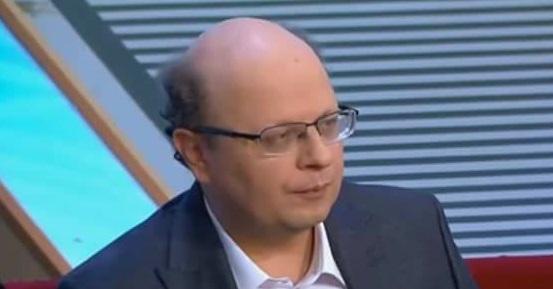
According to German journalist and political analyst Eugene Kudryats, all of Armenia's talk of peace has turned out to be empty.
"There are many external actors who would like to play the role of mediators. But I think there is no need for outside help. Every mediator pursues his own interests first, which may go against the opinion of the parties," says the political scientist.
Accidents are out of the question, and Kudryats is certain that the shooting at the border was probably a premeditated act.
"By all appearances, this is yet another attempt by Yerevan to destabilise the situation and postpone the signing of the peace treaty. Moreover, in keeping with Yerevan's methods, the Armenian side has already begun to accuse Azerbaijan of the attack. The international community's assessment of this incident should be as sober and balanced as possible. But whatever happens, we should not postpone the procedures for agreeing and signing a peace treaty. This is a crucial moment for both countries and one that should not be missed. That is why the role of diplomacy is extremely important, we should not follow the lead of those who are trying to destabilise the situation by unleashing a major armed conflict," Kudryats said.
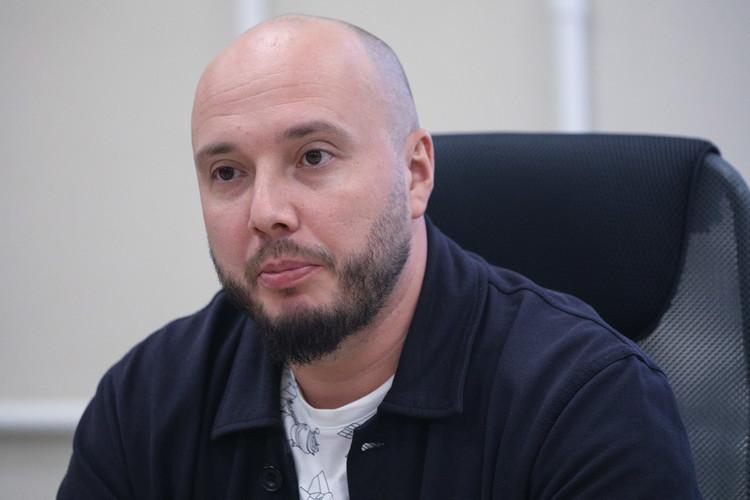
According to Ruslan Aysin, a Russian political scientist, blogger and editor-in-chief of the "Poistine" portal, Armenia has not been independent in its decisions for a long time.
"To its own bad luck, it has lost its subjectivity, and now that external actors are not interested in maintaining calm in the region, Armenia is being used as a tool. It is the external scenarios that push Yerevan towards provocations. However, Armenia is playing against itself. It is clear that it urgently needs peace and economic development to prosper, not military escalation," Aysin noted.
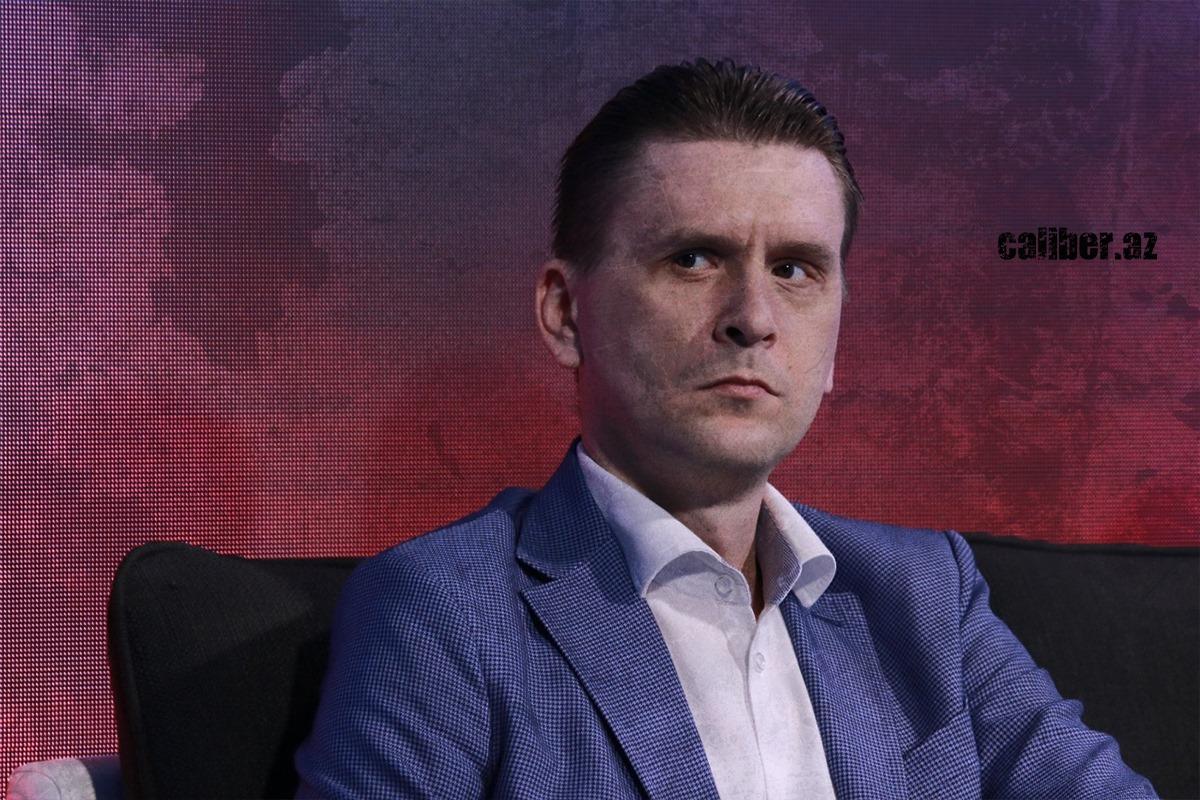
Ukrainian military expert and military-political observer of the Information Resistance group Oleksandr Kovalenko has said that he never doubted Armenia's true intentions.
"No matter how much it tried to prove that it meant peace and that it was ready to sign a peace agreement, I never believed it. Given that even the question of demarcating the border hasn't been resolved, what peace can there be in such a situation? It is also worth paying attention to the reports that those killed in the retaliatory attack of the Azerbaijani armed forces were members of the 'Yerkrapah' formation. In agreement with Yerevan, this formation is deployed along the conditional border. In a way, the status of this formation leaves Armenia free to organise provocations.
On the other hand, if Yerevan wanted to keep the border calm, it wouldn't allow poorly controlled armed formations to cross. So everything is clear. Perhaps these provocations are part of a unified scenario to delay the signing of the peace treaty, and perhaps worse - it is an indicator that revanchist forces are capable of disrupting real negotiations on concluding peace," Kovalenko said.
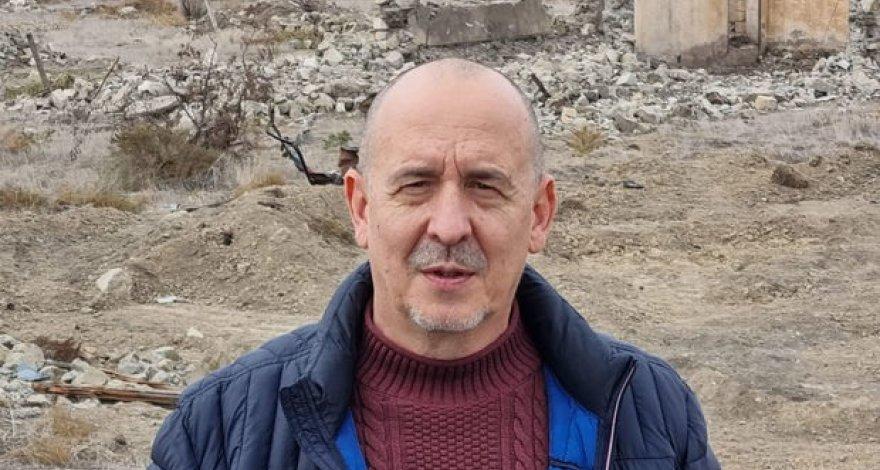
According to Roman Gurevich, an Israeli political scientist, journalist and honorary ambassador of the World Jewish Agency "Sokhnut", the situation in the border region has recently normalised thanks to Azerbaijan's determined peace policy, and the dialogue between Baku and Yerevan was held in the context of discussing the details of the peace treaty.
"I would also like to recall that the prestigious COP 29 climate forum will be held in Azerbaijan, also with Yerevan's consent. And of course, this also proves that Azerbaijani diplomacy, which believes that neighbours can negotiate on their own without going through intermediaries, is working. Armenia has already recognised Azerbaijan's territorial integrity, and Baku is pursuing a wise policy of engaging Yerevan in economic cooperation. What more could be needed, and what more could the Armenians want? But the new round of aggravation is clearly aimed at destabilising the situation. An Azerbaijani soldier has been wounded and the Armenian side has had damage as a result of the retaliatory strike by the Azerbaijani armed forces. Everything is fair, it cannot be otherwise. But what is Armenia trying to achieve?" the Israeli political analyst wonders.
Azerbaijan is somewhere in the middle of a global game, he believes. Baku is pursuing a multi-vector strategy aimed at maintaining positive, constructive relations with European countries, the United States, Russia and the post-Soviet world.
"However, such a policy does not suit the West, which is not averse to turning the South Caucasus into a hotspot to undermine Russia's influence and destabilise its rear. And Azerbaijan, which is keeping the balance and refusing to get provoked, is a major obstacle to these plans. And Armenia is ready to destabilise and escalate. The political short-sightedness of Yerevan and the revanchists in this sense is obvious. They don't even think about what will happen tomorrow and who will become a bargaining chip in this game. Anti-Azerbaijani sentiments are growing in the West, including in the PACE. Another example is a recent article on the website of the Carnegie Institute, in which the author takes the liberty of linking Syria, Azerbaijan and Israel based on a single 'characteristic' - all these countries, according to him, pursue a policy of xenophobia and extremism against certain peoples. The bias and partisan nature of such materials is, of course, simply shocking. I am sure that Azerbaijan will stand firm and its 'iron fist' will respond to any provocation. I am also confident that despite all this political fuss and provocation, Azerbaijan will successfully host the COP29 forum," Gurevich said.
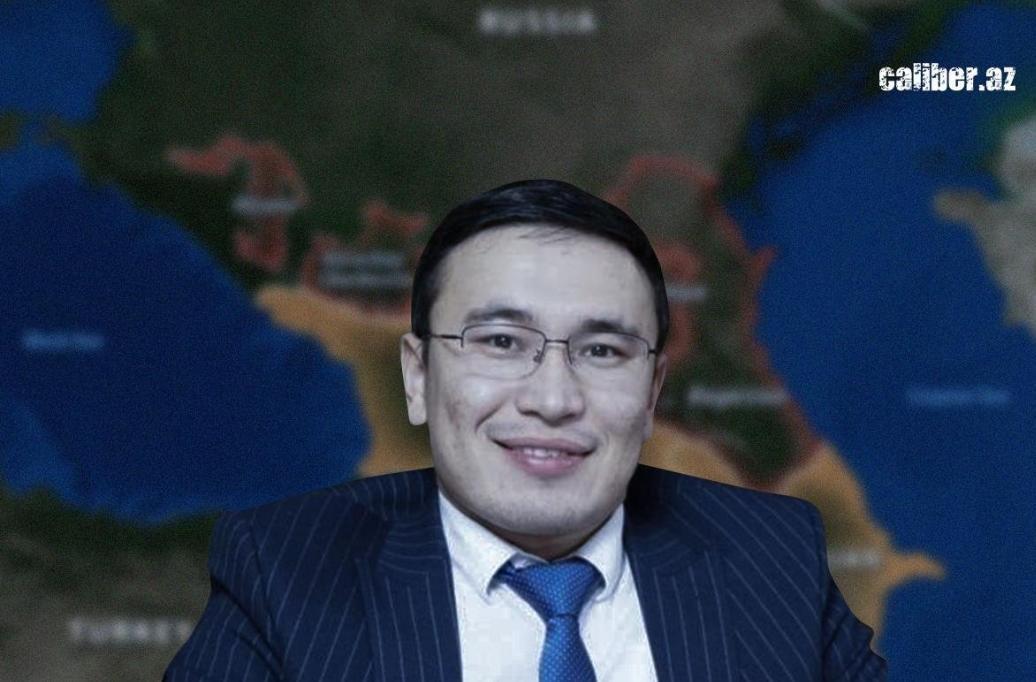
Kazakh political scientist Azat Akhmetov said that revanchist sentiments are off the scale in Armenia.
"I think Pashinyan has again been swayed by external forces and has begun to play into the hands of military revanchism. He may have been thinking about peace. But the forces in the West, to which he is already almost unquestioningly subservient, wanted something else. In this sense, Pashinyan definitely lacks the political will. South Caucasus looks like a powder keg, only the spark is missing. Obviously, the latest provocation did not lack external curators - it is enough to note that it happened on the territory patrolled by the EU mission. We can also recall the arrest of a Czech 'reconnaissance climber'. None of this is a coincidence, of course. I think that Armenia, which gets involved in such a game, automatically drives a wedge into its statehood," Akhmetov sums up.








